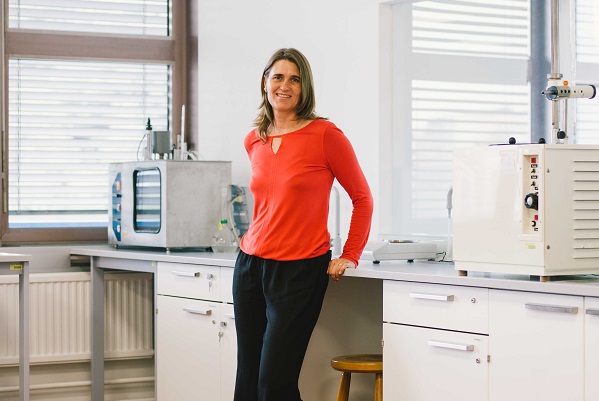The Austrian Science Fund’s funding program for "Special Research Areas" gives teams from different research institutions an opportunity to come together and get to the bottom of a certain topic.

Advancements resulting in, for example, more efficient electronics, more stable quantum computers, and a better understanding of the molecular mechanisms of heredity relies on increased base-knowledge understanding. The Austrian Science Fund’s funding program for "Special Research Areas" gives teams from different research institutions an opportunity to come together to explore a research issue. The Austrian Science Fund plans to make a total of € 15 million in funding available to support four new Special Research Areas that will involve multiple teams from Austria and Germany. The goal is to support and further develop collaboration in the area of cutting-edge research and give outstanding researchers opportunities to network and get to know each other and their respective research fields better.
JKU researcher Irene Tiemann-Boege (Institute of Biophysics) is involved in the special research area of "Meiosis". A study headed by Verena Jantsch-Plunger (Max Perutz Labs, University of Vienna) will be funded with € 3.7 million and is scheduled to run for a four-year period.
Content
Our cells have two sets of each chromosome, one pair is derived from the father and the other pair is derived from the mother. When fertilized, the male and female gametes come together. To ensure the offspring has the correct set of chromosomes, this set is divided in half as the sperm and egg develop. Meiosis is a reductional division in which a single cell divides twice to produce four cells containing half of the original amount of genetic information. It is a fascinating process and ‘dance’ of chromosomes, rearranging genetic material in each generation. While errors in meiosis can result in miscarriages, infertility and genetic diseases, in positive sense, it can also result in adaptation and evolution.
Despite considerable success in research, we continue to lack a thorough mechanistic understanding of the many sub-stages of meiosis and how so-called parthenogenetic (asexual) organisms "reorganize" meiosis. As part of this special research area, scientists will study a wide variety of model organisms (up to humans) as they study these basic underlying topics. The broad expertise of the nine SFB members are required, ranging from cell biology, genetics, biochemistry, structural biology, biophysics, and computer science to mathematical modeling.








